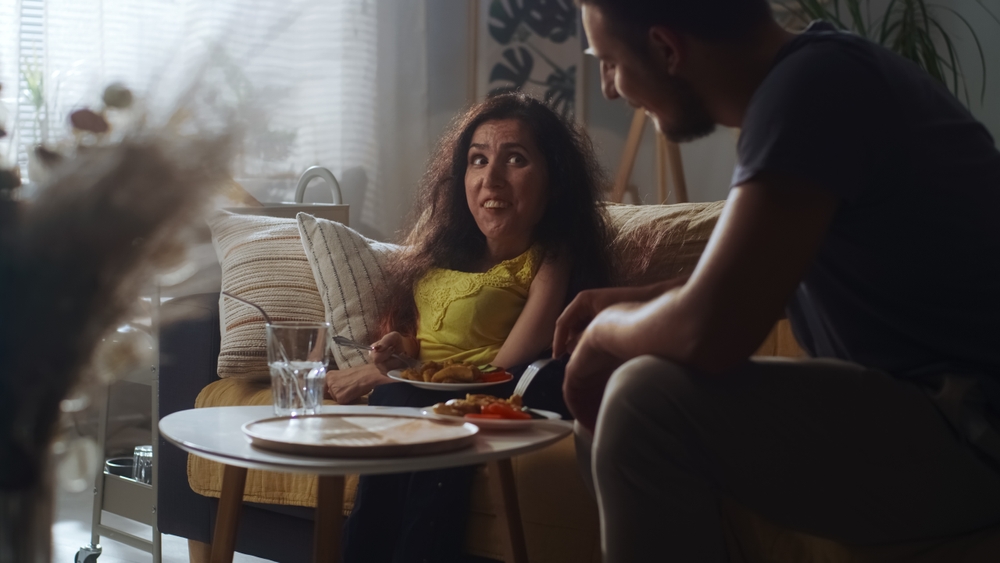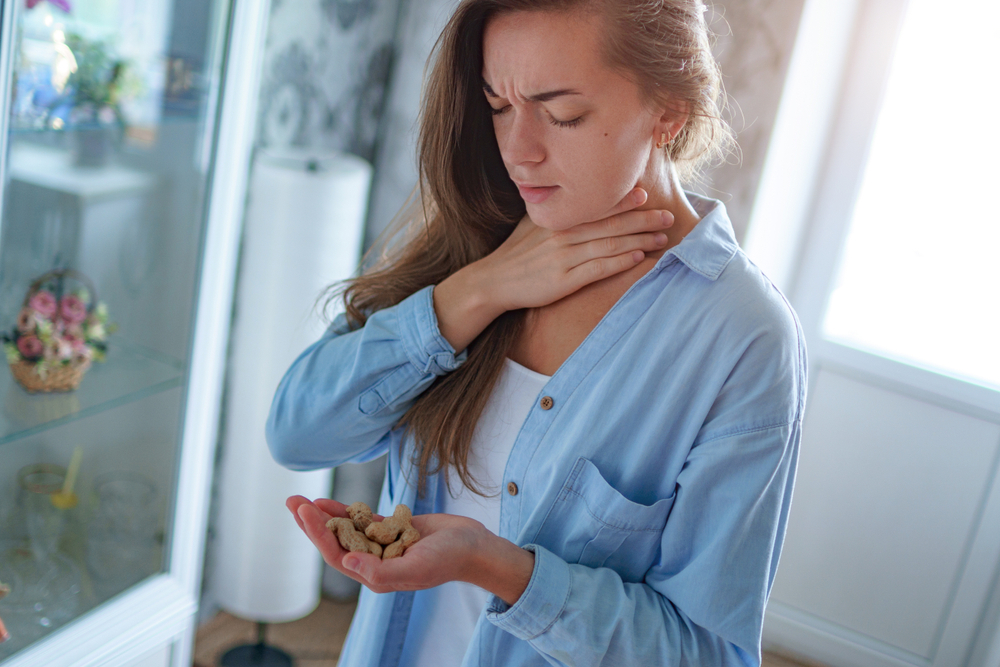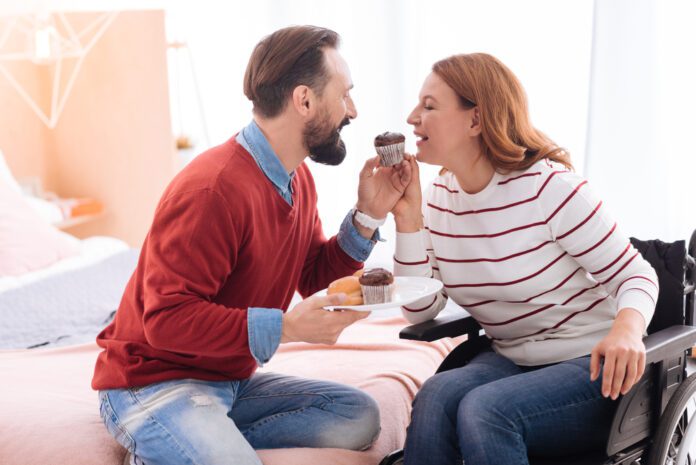There are 85 million Americans living with life-threatening food allergies and intolerances, according to Food Allergy Research & Education (FARE). Because festive food is traditionally a part of most holiday celebrations, as with Valentine’s Day chocolates, people with food allergies may feel a bit heartbroken if and when they can’t savor Cupid’s candies with loved ones. To help everyone get a safe taste of romance on Valentine’s Day, here are some dating tips for people with food allergies.
Dating Tips for People with Food Allergies
1. Make sure your partner understands your food allergies.
Food allergies are considered to be a “hidden disability.” Meaning, some people may not fully grasp that one has a debilitating condition because there aren’t visual signs (as with physical disabilities). People with hidden disabilities often appear to be typical. However, food allergies can be life-threatening. If you are dating someone with a food allergies, it is important to understand the seriousness of the condition. On the flip side, if you have an allergy, don’t assume that your partner already knows the best practices of avoiding exposure. Help educate your partner, and do be patient with the learning curve.

2. Time that kiss just right.
Kissing someone who has recently eaten an allergens can lead to a reaction. For example, a study published by The Journal of Allergy and Clinical Immunology found that peanut residue remained detectable in saliva for hours after consumption. Therefore, it’s suggested that a person with food allergies not kiss a partner who consumed allergens for one to three hours. Furthermore, according to FARE, some people directly ask their significant others to avoid the allergy-causing food on date night or at all times. Aside from saliva, skin-to-skin contact should be considered. Before holding hands with your date, wash hands with soap and water.
3. Teach your partner how to respond.
It is wise to educate your partner (and friends) on how to best respond in the event that you suffer a reaction or anaphylaxis. Show your partner where you keep emergency medication, such as Benadryl and epinephrine auto-injectors. Teach your significant other how to administer the epinephrine auto-injector as a precaution. FYI, experts advise that those with allergies carry two epi-pens with them at all times.
4. Chew on food-free fun.
Date night doesn’t always have to happen at an upscale eatery. Consider the endless possibilities of food-free dates, like strolling arm-in-arm at an art gallery, engaging in friendly competition in your sport of choice (i.e. bowling, tennis), talking a walk in the park, etc.

5. Do a restaurant preview.
When planning to dine out, pick a locale that offers allergy-free dishes. Go online to review the menu. Not sure if there is a safe option? Call ahead and ask to speak to the chef. Sometimes restaurant kitchens are willing to accommodate those with food allergies, especially when provided notice. Still, do have medications on hand should cross-contamination occur.
6. Try the homebound round.
When cooking a romantic meal together, be sure to read all ingredient labels. And if you co-habitat with your partner, enact an agreed-upon living plan. For example: Is the allergen allowed in the home? Do kitchen surfaces need to be sanitized frequently? Is it best to keep the pantry and refrigerator free of food allergens altogether?
7. Pick up on a lingering lack of support.
Notice if the person you are doing continually consumes dishes that contain your food allergens or if he/she/they fail to remember your need for accommodations after numerous reminds. If this potential partner isn’t willing to honor your needs, he/she/they may not be the right match for you.






